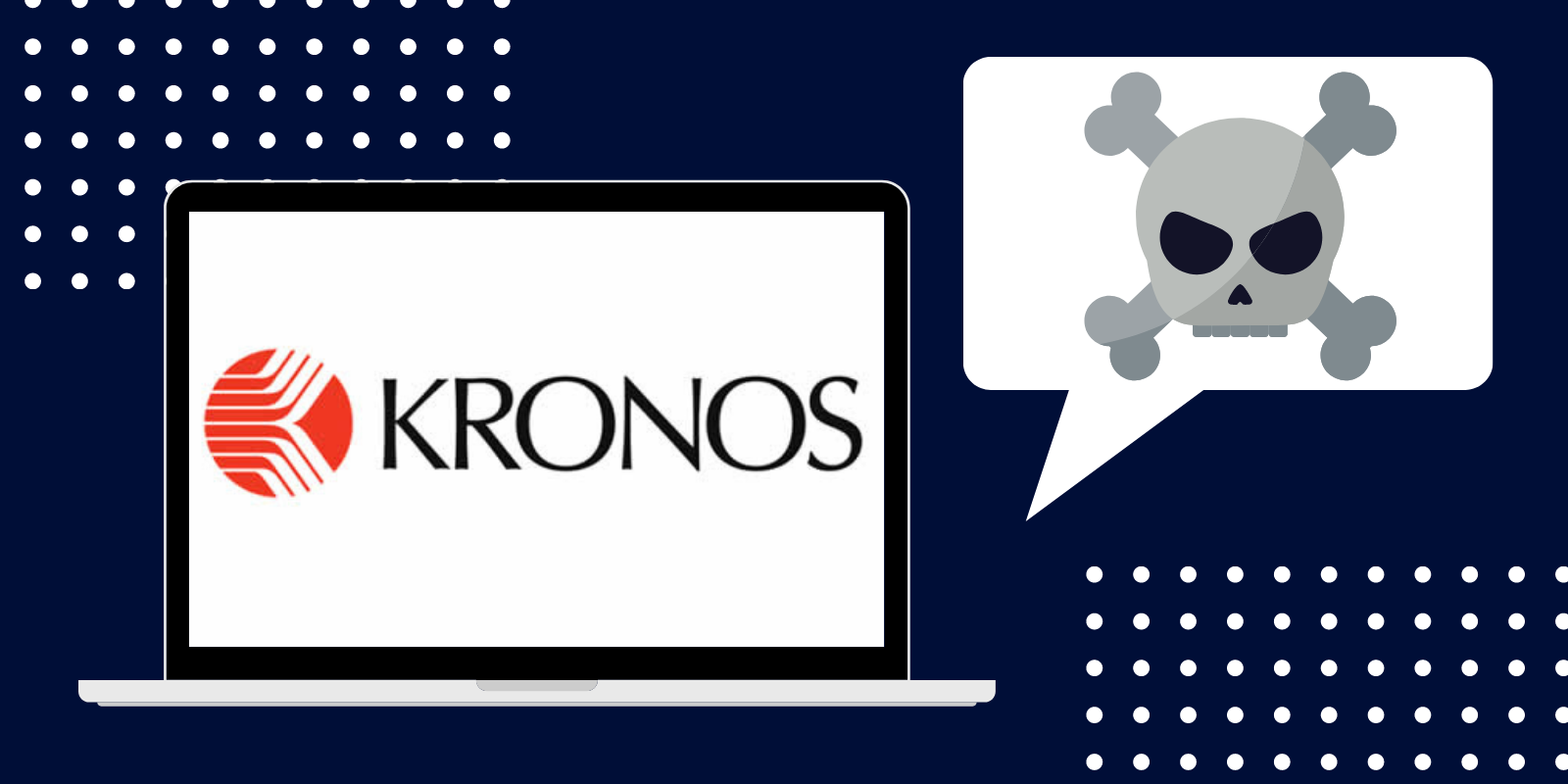
By Katie Garner
The internet owes a lot to open-source libraries. Without those unpaid programmers who carefully built multiple reservoirs of code, major companies (Apple, Amazon, Google, to name a few) wouldn’t be able to run their most popular applications.
But problems arise when there are flaws in the foundation. On December 11th, the Department of Homeland Security’s top cyber official warned of a vulnerability in a Java-based application called “Log4j,” urging federal agencies and large organizations to update their software before the vulnerability was exploited.
Log4j is ubiquitous, so this news was understandably a headache for IT administrators. To make matters worse, a tool was posted on GitHub that allowed hackers to break into complex networks by utilizing this vulnerability. Software researcher Kevin Beaumont compared the issue to “locking the doors to your car, and then allowing anybody to shout commands at Siri from outside the car to remotely drive it.”
These fears were realized when human resource management company Ultimate Kronos Group (known as Kronos) reported that the Kronos Private Cloud suffered a massive ransomware attack, a disruption which screeched their payroll service to halt. Thousands of employees from hospitals, universities, and public safety offices have been affected.
So, the question you might be asking now is this: how do I keep that from happening to me?
If you can afford to hire skilled programmers that will evaluate the minutiae of every open-source software you use, you might not need to entertain this question. But seeing as how company giants like Kronos weren’t able to catch the vulnerability in time, I’m guessing you might be looking elsewhere to defend your cloud data against ransomware and other unseen threats.
To help you solve this conundrum, we’ve compiled our top 3 brands that specialize in cloud security solutions:

For organizations adopting SaaS applications like Office 365 or G-Suite, SonicWall delivers next-gen security for users and data in cloud applications, including email, messaging, file sharing, and file storage.
Their Cloud App Security prevents targeted phishing attacks (the most common network threat) and account takeover so you can embrace your cloud apps without fear. It scans your inbound and outbound emails, stopping confidential file uploads and unauthorized sharing in both OneDrive and Google Drive. Harnessing machine learning, Cloud App Security quickly identifies compromised accounts and gives you granular visibility into your apps.
Let’s not forget firewall protection. Sonicwall Network Security Virtual (NSv) firewalls integrate Real-Time Deep Memory Inspection (RTDMI) technology to proactively detect and block mass market, zero-day threats and unknown malware. It’s a sophisticated system for sophisticated threats, and you can centrally manage it under one unified security defense.
NSv ensures that all data communication is secured, so you never have to worry about confidentiality or information flow control.
Cisco offers multiple options of cloud security protection via Cisco Umbrella, Cisco DNA, and Cisco Duo.
The security functions of Umbrella are known for their simple management and impressive coverage, providing DNS-layer security and a firewall system which logs all activity and blocks unwanted traffic. The service exposes shadow IT with a cloud access security broker that detects and reports on cloud applications in use across your organization, integrating easily with Cisco SD-WAN for powerful threat detection.
Cisco DNA (Digital Network Architecture) fits in alongside Umbrella by automating and optimizing your network. It incorporates intent-based networking to help you lower costs while providing 24/7 analytics of your platform’s health.
Password authentication is a fundamental security measure for business protection. With Cisco Duo, you can implement multi-factor verification to shield every application from compromised devices, meet compliance requirements, get secure remote access, and enforce device trust policies. Best of all, you can acquire this solution with up to 10 users for FREE.

WatchGuard Firebox appliances are an excellent cloud security solution for businesses and offices of all sizes.
With Firebox Cloud, you can extend your security perimeter and protect servers running in a public cloud environment. It deploys a Unified Threat Management system in seconds to defend your cloud from the big guns: botnets, cross-site scripting, and other intrusion vectors.
Since the Firebox Cloud was built specifically with Amazon Web Services and Microsoft Azure in mind, it provides a streamlined user interface and simple, secure connection to your public cloud. You can use Firebox Cloud to protect servers deployed on your AWS virtual private cloud and as a secure VPN endpoint for connections to resources on your virtual network.
You shouldn’t have to worry about stolen login credentials. WatchGuard created Authpoint, a multi-factor authentication solution, to keep imposters out of your network. A simple push notification from the Authpoint mobile app makes each login attempt visible, allowing users to accept or block access from a smartphone. One of its many security features is a time-based one-time password that verifies users before they can sign in.
Software flaws like the Logj4 vulnerability don’t have to mean catastrophe for your organization. For more information about how cloud security can keep you and your critical data safe, learn more here.